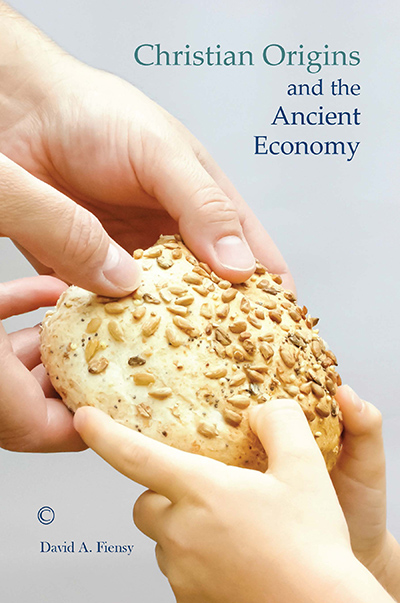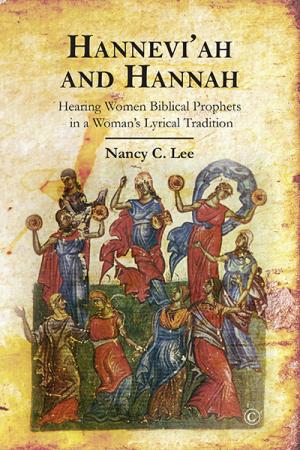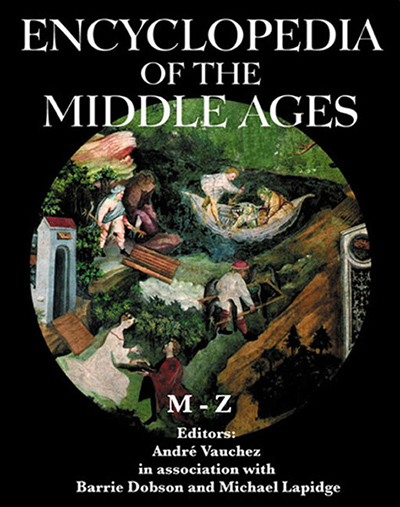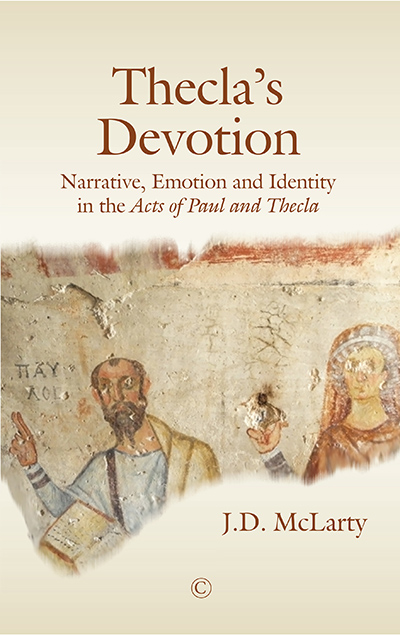Description
What does economics have to do with Christian origins? Why study such a connection? First of all, the New Testament makes many direct references to economic issues. But, second of all, the economy affects every other aspect of life (family, religion, community, work, health, and politics).
How prosperous was first-century Galilee? To understand what it was like to live in a society, one must understand its economy. The study of the economy includes not only the goods and services of the society, but also human labor and its control. One must also take into account how fair the economy was to each family.
Those involved in the quest for the historical Jesus have discovered that the ancient economy is a major point of dispute among various interpreters. Was the early Jesus movement a socioeconomic protest? Or was it primarily a religious reform? These two approaches understand Jesus in remarkably different ways. This volume seeks to guide readers through some of the most controversial issues raised in the last twenty years on this important topic.
About the Author
David A. Fiensy is Professor of New Testament and Dean of the Graduate School of Bible and Ministry at Kentucky Christian University. He also serves as Associate Director of the Shikhin Excavation Project. His previous publications include The Social History of Palestine in the Herodian Period (1991) and Jesus the Galilean (2007).
Contents
Acknowledgments
List of Abbreviations
Introduction
Part One: The Historical Jesus
1. Jesus’s Socioeconomic Background
2. Leaders of Mass Movements and the Leader of the Jesus Movement
Part Two: Galilee
3. Jesus and Debts: Did He Pray about Them?
4. The Ancient Galilean Economy: A Model
5. The Nature of the Galilean Economy in the Late Second Temple Period: The Sociological-Archaeological Debate
6. Did Large Estates Exist in Lower Galilee in the First Half of the First Century CE?
7. Assessing the Economy of Galilee in the Late Second Temple Period: Five Considerations
8. Domestic Space and Standard of Living
Part Three: The Early Church
9. Poverty and Wealth in the Jerusalem Church
10. The Composition of the Jerusalem Church
11. What Would You Do for a Living?
Bibliography
Index
Endorsements and Reviews
These essays trace the lively contemporary controversy about the socioeconomic background of Jesus of Nazareth. Fiensy fairly reviews various proposals, yet does not find a Jesus in abject poverty, but someone of modest means who could lead a mass movement. All in all, a most welcome contribution to a crucial debate about the social origins of earliest Christianity.
Douglas E. Oakman, Professor of Religion, Pacific Lutheran University, Washington
Fiensy has canvassed all the scholarship on economic conditions in Palestine in the first century CE, weighed and carefully sifted the evidence that comes to us from different sources, including more recently archaeology, and presents, almost inadvertently, a devastating indictment.
Patrick Madigan, in Heythrop Journal, Vol 56, Issue 3
All articles stand out due to the impressive, confident and knowledgeable handling of secondary literature.
Lukas Bormann, in Theologische Literaturzeitung, No 141, Heft 1/2





